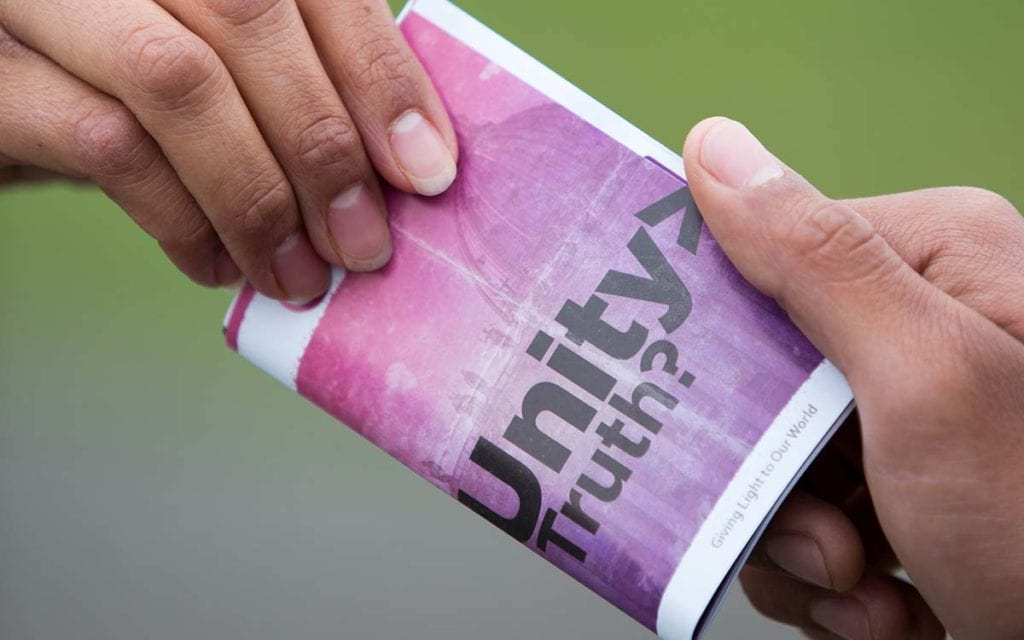Religion, beliefs, and traditions are fundamental aspects of human culture and society, often intertwining and influencing one another. While they are closely related, each of these concepts serves a distinct purpose and holds unique characteristics. Understanding the differences between them is essential to appreciate the diverse ways in which people relate to the world and to one another.

Religion
Religion is a structured system of faith or worship, typically involving a belief in a higher power or powers, such as gods, deities, or spirits. Religions often have sacred texts, rituals, and ethical codes that guide the behavior and practices of their followers. Major world religions like Christianity, Islam, Hinduism, Buddhism, and Judaism each have their own unique doctrines, rituals, and traditions.Religion often seeks to answer fundamental questions about life, the universe, and the afterlife. It provides a sense of purpose and meaning to its adherents, offering explanations for existence, suffering, and morality. Religion also plays a crucial role in shaping laws, social norms, and cultural practices in many societies. Despite its structured nature, religion is deeply personal, as it involves an individual’s relationship with the divine and their spiritual journey.
Beliefs
Beliefs, in contrast, are the convictions or acceptances that certain things are true or real. They are the mental acceptance of and confidence in a claim, concept, or person. Beliefs are not necessarily religious; they can be related to any aspect of life, including politics, science, philosophy, and personal values.Beliefs can be individual or collective. For example, someone may believe in the importance of honesty and integrity, while a community might collectively believe in the value of democracy. Beliefs are often shaped by experiences, upbringing, education, and cultural context. Unlike religion, which is typically communal and organized, beliefs can be highly individual and may not require a formal structure or shared practices.
Tradition
Tradition refers to the customs, practices, and rituals that are passed down from generation to generation within a culture or community. Traditions are a way of preserving the history, values, and identity of a group. They can be religious, cultural, or familial and often involve ceremonies, festivals, and other forms of communal activity.Traditions can be as simple as a family gathering every holiday or as complex as a nation’s annual celebration of its independence. They provide continuity and a sense of belonging, linking people to their heritage and to each other. While traditions can be influenced by religion and beliefs, they are not inherently religious. For example, a community may have a tradition of harvesting crops in a particular way, which is not necessarily tied to any religious belief but is important to their cultural identity.

The Interconnection Between Religion, Beliefs, and Tradition
While religion, beliefs, and tradition are distinct concepts, they often intersect. For instance, many religious practices are traditional, passed down through generations within a religious community. Similarly, beliefs often inform religious practices and traditions. For example, the belief in the sanctity of life is a core principle in many religions, influencing religious rituals and ethical codes. However, these concepts can also exist independently. A person might adhere to certain traditions for cultural reasons without holding specific religious beliefs, or they may have personal beliefs that differ from the doctrines of their religion. Understanding these distinctions allows for a more nuanced view of how people live and express their identities.
Religion, beliefs, and tradition are integral components of human culture, each playing a unique role in shaping individuals and societies. Religion provides a structured system of faith and worship, beliefs represent the convictions individuals hold, and traditions are the practices and customs passed down through generations. While they often overlap, recognizing their differences is crucial to understanding the rich tapestry of human experience.




